Shouting at children in the classroom is never an acceptable teaching method. As child psychologist Dr. Laura Markham explains, “Shouting at children is one of the quickest ways to escalate a situation and lose control. It’s also one of the quickest ways to damage a child’s self-esteem and undermine their trust in an adult.”
One of the main problems with shouting at children is that it damages their self-esteem and trust in adults. Children are still developing emotionally and are particularly sensitive to criticism and negative feedback. When a teacher shouts at a child, it can make them feel worthless and like they have done something wrong. This can lead to feelings of anxiety and fear, which can interfere with their ability to focus and learn.
Furthermore, shouting at children is not an effective way to address misbehavior. When children are shouted at, they are more likely to become defensive and less likely to listen to what the teacher is saying. This can lead to an endless cycle of shouting and misbehavior, rather than a resolution to the problem. In fact, research has shown that using punishment and criticism to try to change children’s behavior is often ineffective and can even lead to increased misbehavior in the long run.
So, what can teachers do instead? It is important for teachers to set clear boundaries and consequences for misbehavior in the classroom. This can help children understand what is expected of them and what will happen if they don’t follow the rules. However, it is also important for teachers to use a calm, firm voice when addressing misbehavior. As education expert Dr. Karen Horneffer-Ginter advises, “It’s important for teachers to model the behavior they expect from their students and to find positive ways to reinforce good behavior.”
In addition to setting boundaries and using a calm voice, it is important for teachers to find positive ways to reinforce good behavior. This can be as simple as praising children for following the rules or giving them small rewards for good work. This helps children feel valued and motivated to continue doing well in the classroom.
When an adult shouts at a child, it can cause a significant amount of stress for the child. This stress activates the child’s fight, flight, or freeze response, which is a natural instinctive response to perceived danger. When this response is activated, the body releases stress hormones such as adrenaline and cortisol, which can have a negative impact on the brain.
For example, high levels of cortisol can interfere with the functioning of the hippocampus, a part of the brain that is involved in learning and memory. This can make it more difficult for children to remember things and pay attention in school. High levels of cortisol can also damage the prefrontal cortex, which is the part of the brain responsible for decision making and problem solving. This can make it more difficult for children to think critically and solve problems.
In addition to the physical effects on the brain, being shouted at can also have emotional and psychological effects on children. It can make them feel anxious, fearful, and worthless, which can lead to problems with their self-esteem and overall emotional well-being.
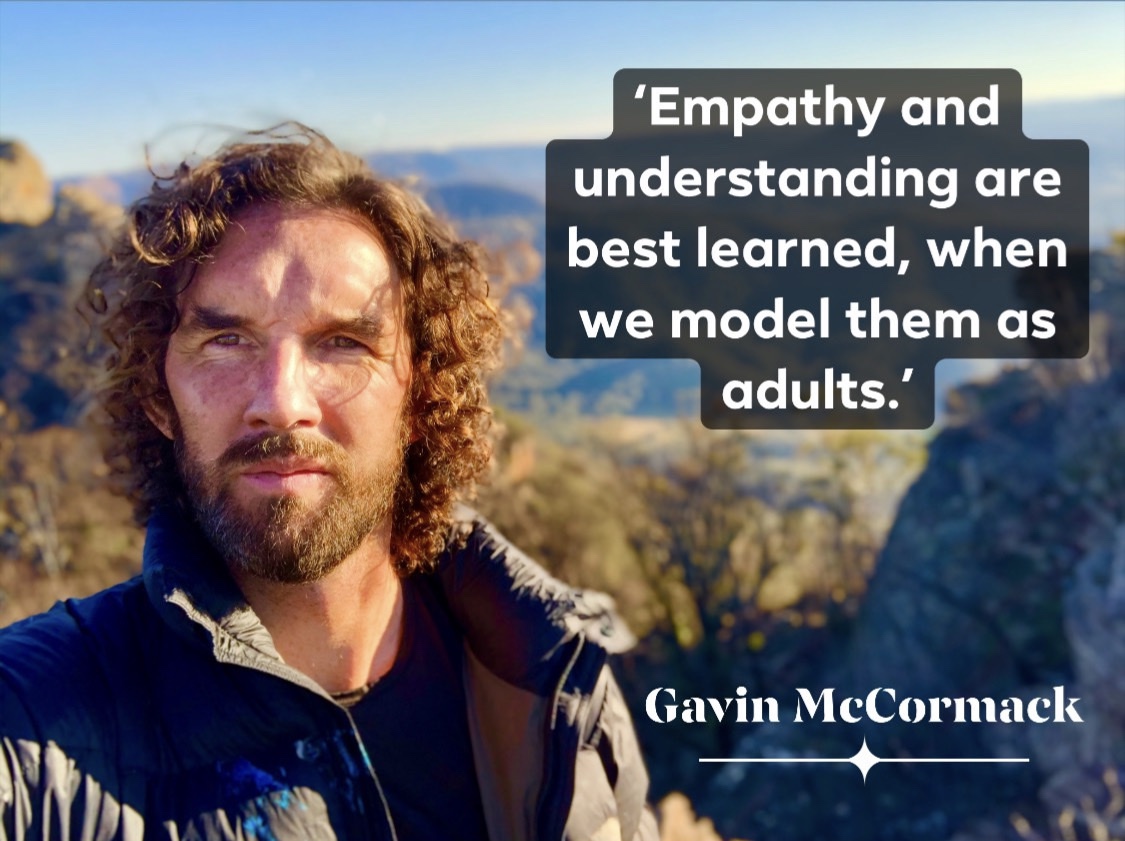
Overall, being shouted at can have serious negative impacts on a child’s brain and overall well-being. It is important for adults to be mindful of their behavior and use more positive and supportive methods of communication with children.


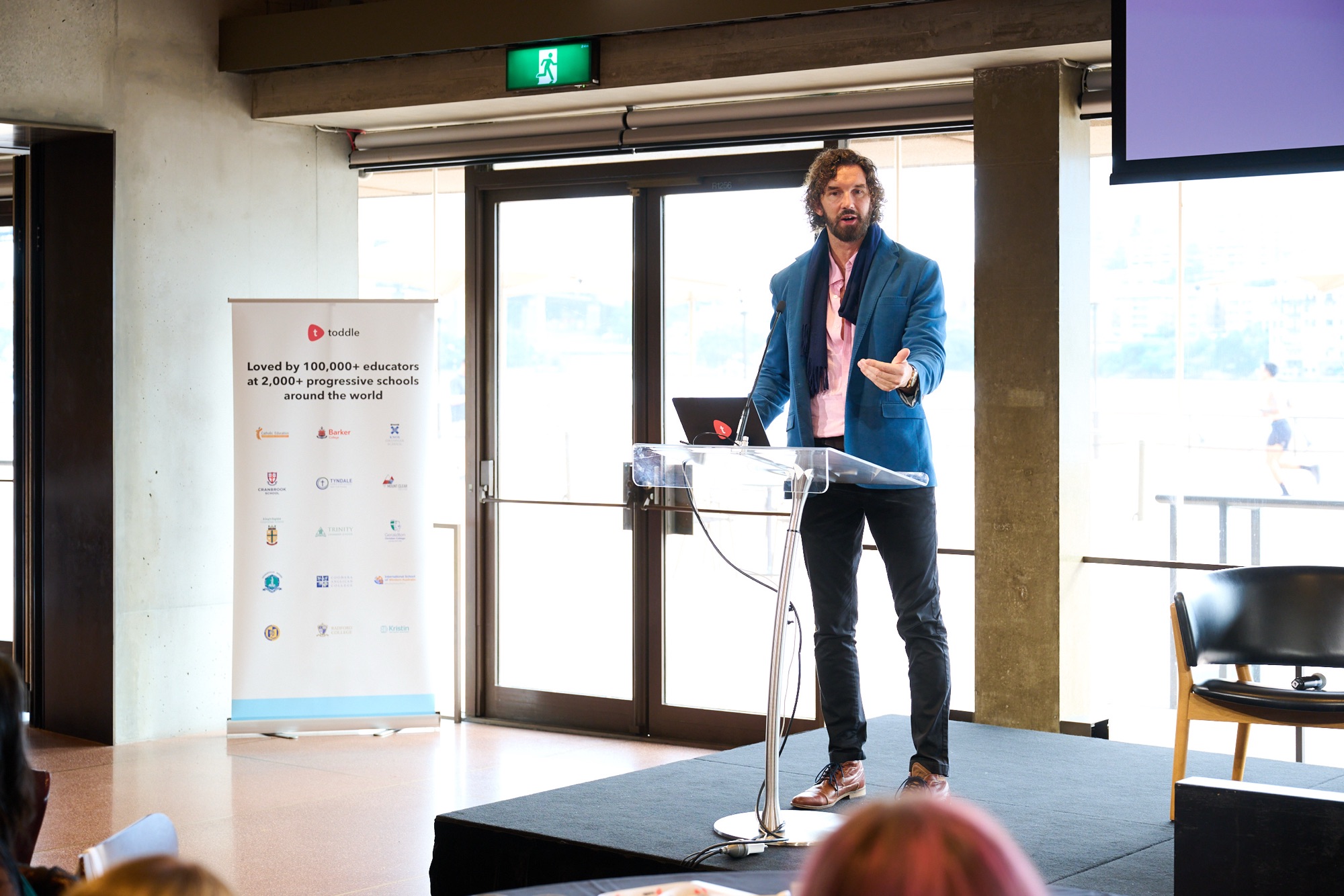
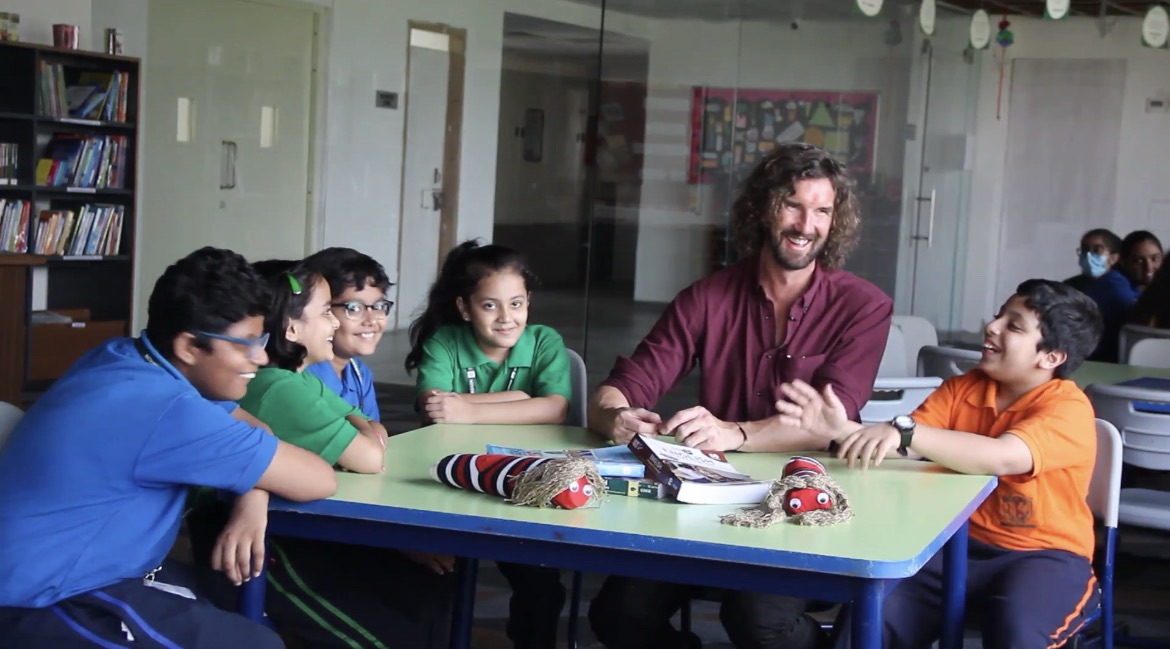
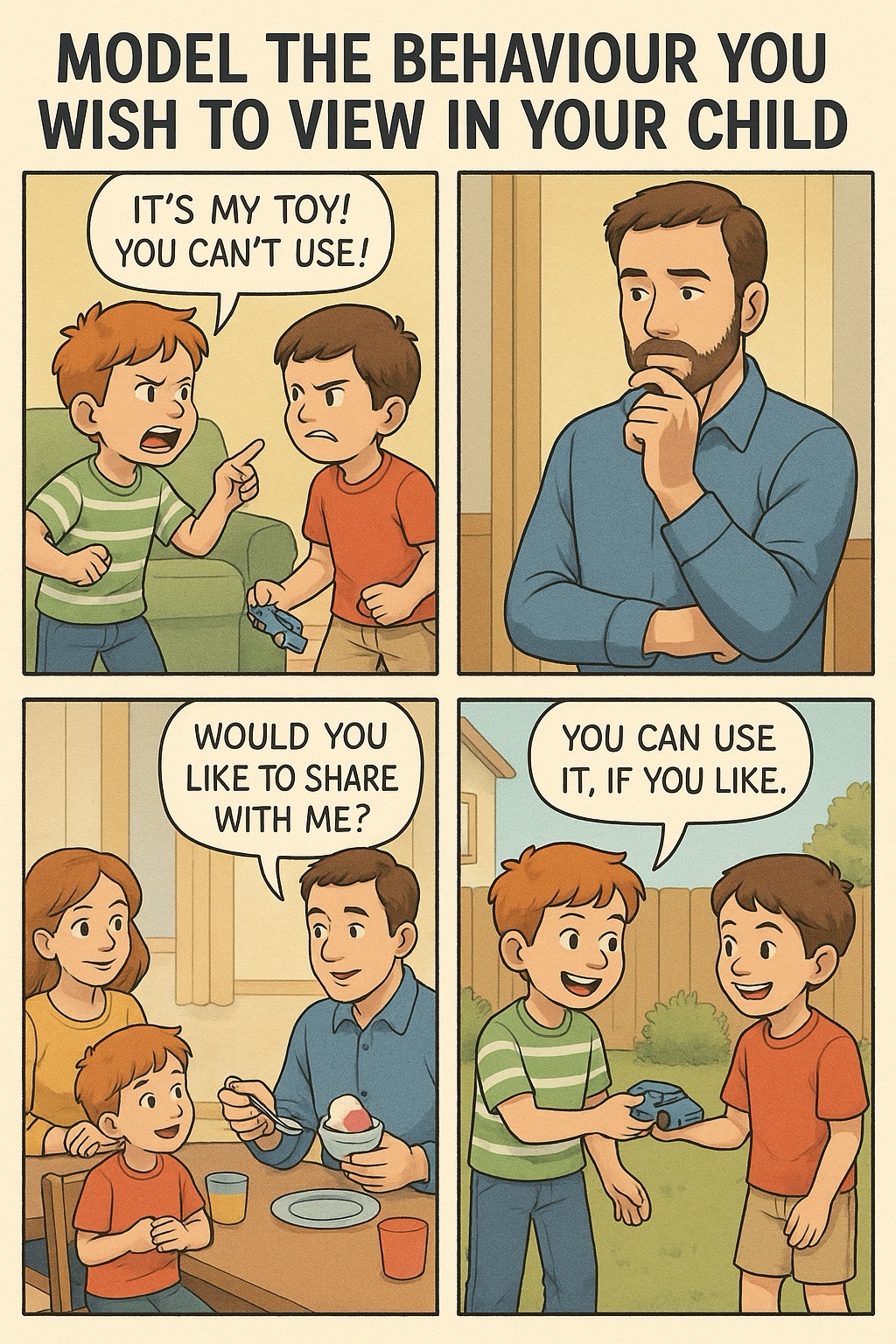
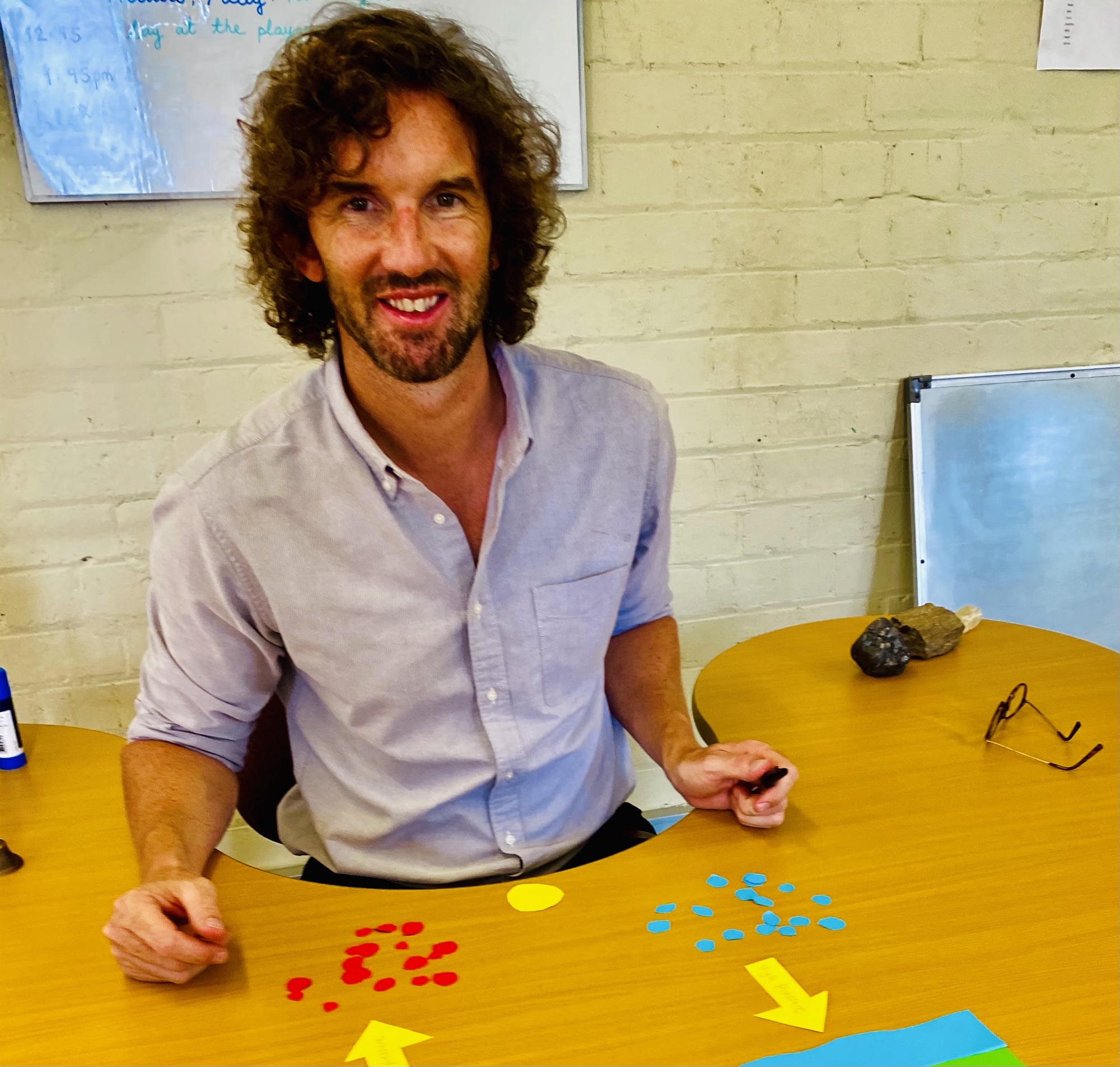


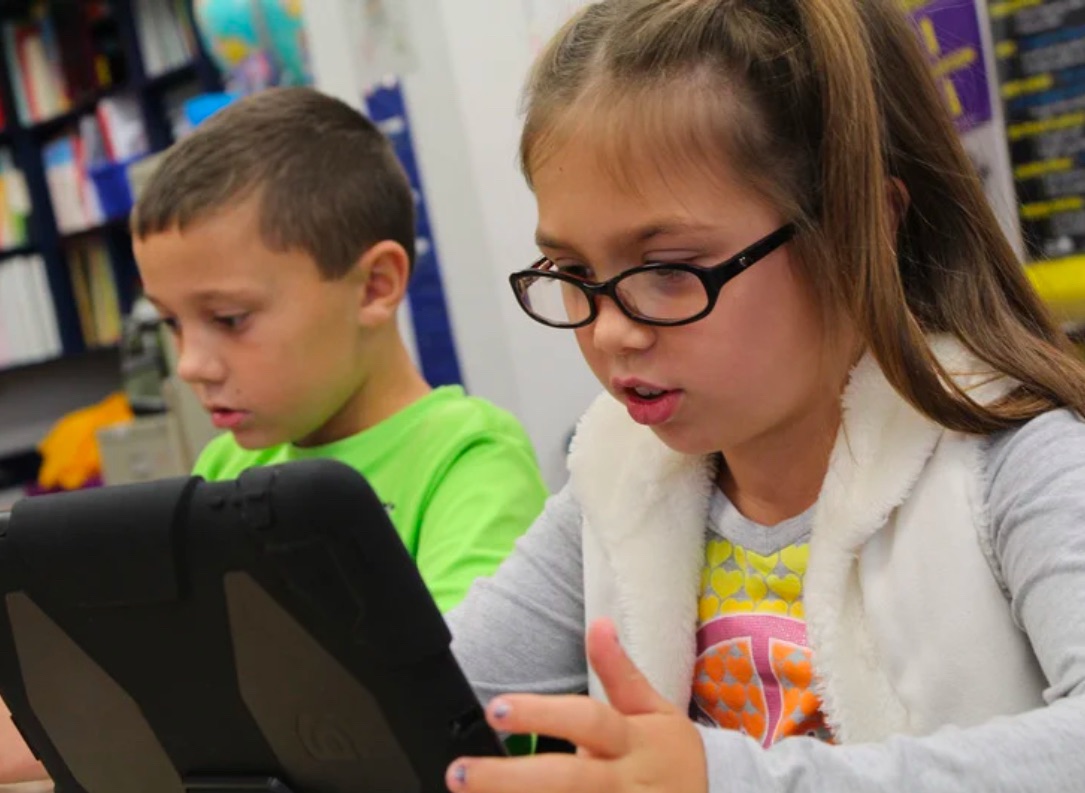
2 Responses
Gavin is absolutely right. For the last 15 years colleagues and myself have been working on how tone of voice can cause the over- production of cortisol in the brain, early years children are very susceptible to a ‘shouty’ voice. The cause of most behaviour problems comes from the misuse of vocal tone.
Our group of ITT practitioners, voice teachers, an SLT and a physio have a programme of voice training called ‘The5voices’. We develop the voices of trainees so that their central- neutral voice ( calm voice) becomes the prominent voice for the classroom.
Those who have used this programme have found a higher retention rate of their teachers still in the classroom after 5 years. Programmes such as ours should be compulsory for all trainees.
Absolutely correct
Shouldn’t scold the students
It make them low spirited ,down hearted. It make them hesitant, fearful . Introvert.
It just like that someone cut their wings unable to fly . Effects brain